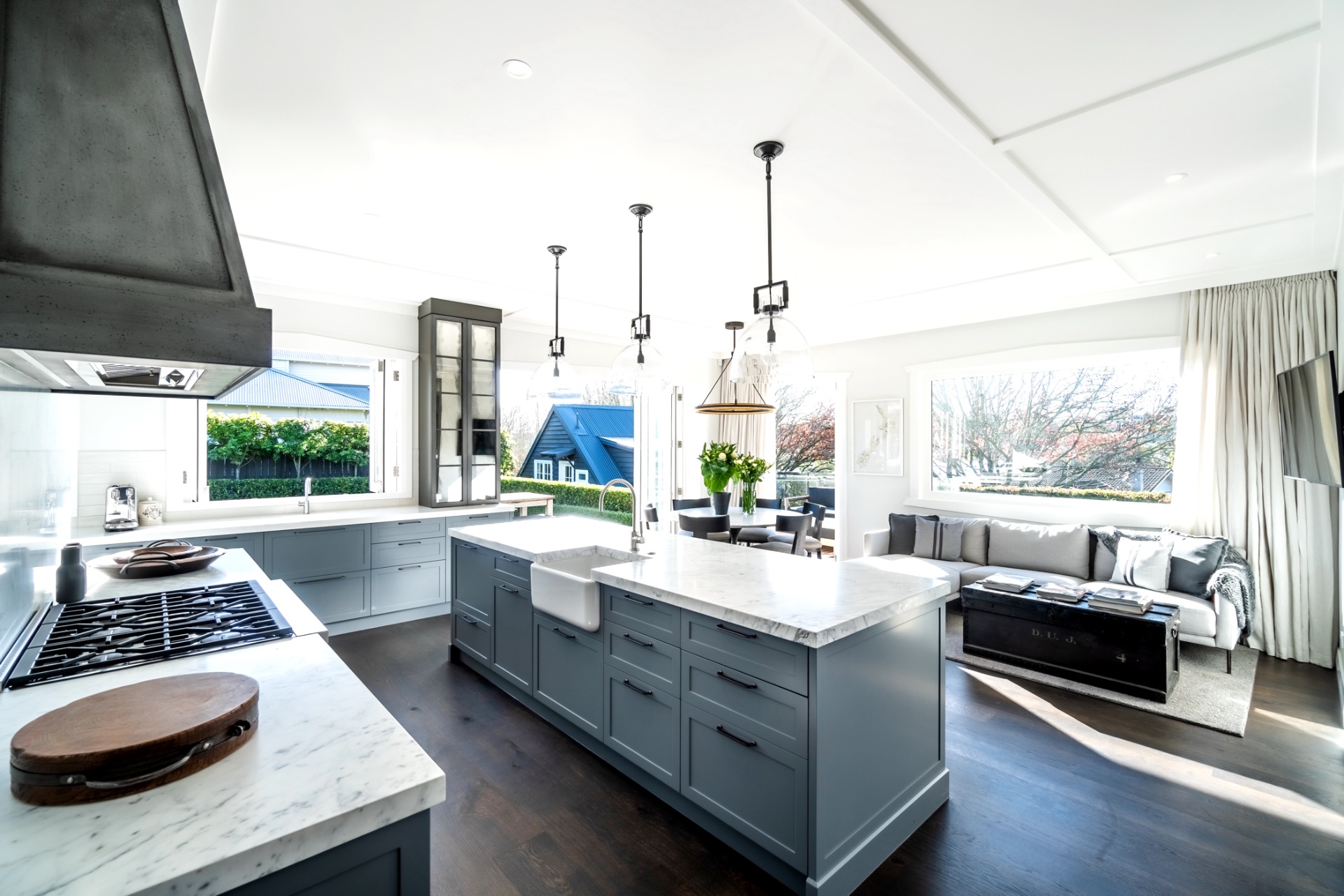How to prepare your home (and mind) for a renovation
Stressed about the prospect of renovating your home? Don’t be. While it’s true that renovating your home will involve some disruptions to your usual day-to-day life, there are a number of things you can do to keep stress levels low – all it takes is a bit of planning.
Not sure where to start? This article is for you. We’ve rounded up 8 simple ways to prepare for your Auckland renovation project.

1. Find out whether you need council consent
Long before the work gets underway, you’ll need to find out if your renovations require council consent. Depending on the nature of the project, obtaining council consent can have a big impact on budget, timeline and overall feasibility, so it should be one of the first things you do to avoid surprises further down the track.
The MBIE website offers a good overview of building work that requires consent, but for more specific advice be sure to have a chat with your local council.
2. Decide if you’re going to stay or go
Living in an active building site isn’t the most comfortable experience. It’s noisy, dusty and full of safety hazards, so depending on your budget and the scope of the project it might make more sense to make alternative accommodation plans for the duration of your renovation. If you do decide to stay, be prepared to plan around the renovations as you might not have access to key areas of the house (kitchen and bathrooms, for example).
3. Keep the neighbours in the loop
Remember that renovations don’t just affect your household – they impact your neighbours, too! Construction can be loud, the coming and going of contractors can be distracting, and temporary additions to your property like scaffolding, skip bins and other building equipment aren’t the most attractive scenic landmarks.
Be a good neighbour and have a chat with your neighbours about your renovations ahead of time. Let them know what the project involves, how long it’s going to take and how it might affect them.
4. Declutter
Renovating is the perfect opportunity for a good clear out. Go through your belongings and divide everything into four piles: keep, sell, donate or trash. Anything that doesn’t make it to the “keep” pile should be gone before renovations begin.
5. Think about storage
The area that’s being renovated will need to be completely empty before work can begin. That means removing big furniture items, as well as everything inside your cabinets and any knick knacks sitting on your shelves or countertops.
Everything will need to be stored securely while work is underway. If it’s a smaller project, you might be able to get away with squishing furniture into your garage or spare room, but if space is at a premium you might need to look into storing some items at a friend’s house or in a storage unit.
6. Talk to your insurance company
Before renovations begin, you’ll want to get in touch with your insurance company to check that the work will be covered and take out additional coverage if needed. Some insurance policies cover cosmetic renovations such as painting or installing new carpet but do not cover structural alterations.
7. Think about security
A lot of different people will be working on your home. If you’re planning on staying out of town for the duration of the work, you’ll need to think about how your contractors will be able to safely and securely access your home. This might involve:
- Making copies of your keys. Record who gets a copy and ensure you get the keys back when the project is complete.
- Installing smart locks so you can control who enters your home and at what time.
- Providing contractors with keys or access codes to locked gates, windows and sheds that might need to be accessed.
- Buying an in-home safe to protect valuables and important documents.
- Changing the codes on your security system when the work is done.
8. Expect the unexpected
While a good home renovation company will have contingencies in place for most variations, life is full of surprises and it’s not uncommon for things to pop up outside the original scope of works. Be mindful that things may not go exactly according to plan and be prepared to make some tough decisions when the unexpected does occur.
Fluctuations in the cost of building materials are common in the current market. Most builders will have a clause in their building contracts that enables them to pass on any unforeseen price increases, so make sure you factor in potential cost variations when planning your budget.
Start your Auckland renovation journey
For a free consultation, give us a call today on 0800 30 30 11 or fill out our online enquiry form and a member of the team will be in touch with you shortly.






